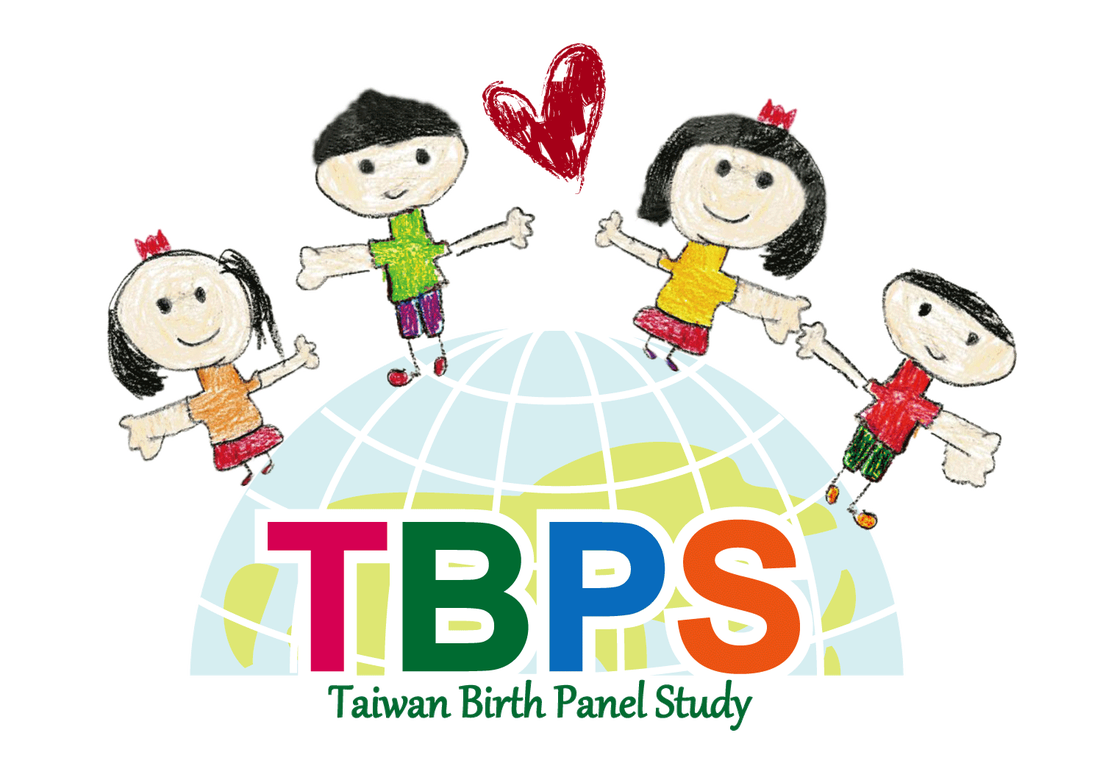Taiwan Birth Panel Study (TBPS)
- Overview
- Children’s environmental health is increasingly recognized as a global public health issue of great importance. Given our current knowledge, the distribution of environmental contaminant exposure levels among reproductive-age, infants, and children is limited; and the role of prenatal and postnatal exposures to environmental and genetic factors in the etiology of adverse child health is unsolved.
- The current problems in Taiwan we have identified include the prevalence of asthma is still increasing up to more than 10%; preterm delivery has been increasing up to 9% in 2003; neurodevelopmental disorders are highly prevalent and affected 8% of the examined children under the age of four years; and the prevalence of childhood obesity has doubled.
- Therefore, we started to conduct Taiwan birth panel study to investigate prenatal and postnatal factors on infant and early childhood health. Through this prospective study, the main health outcomes focused on child growth and development, neurobehavioral disorders, and allergic diseases. We investigated the main prenatal and postnatal factors including infection, environmental tobacco smoke, heavy metals, non-persistent pesticides, perfluoroalkyl chemicals, and psychosocial stress under the consideration of interaction of the environment and genes.
- These results will contribute to bridge knowledge gaps and answer unsolved issues in the low-level, prenatal or postnatal, and multiple exposures, genetic effect modification, and the initiation and progression of environmentally-related childhood diseases.
|
If you are interested in TBPS, please refer to the website to get more information.
http://www.tbps-tw.org/ |
